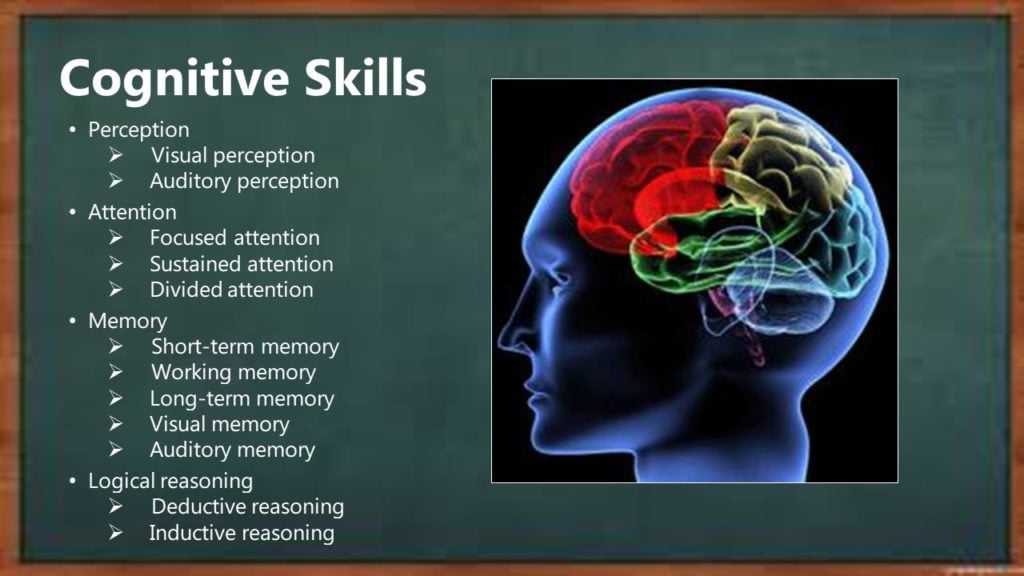The article I found most compelling this week has discussed how video games can be used for STEM learning. In the introduction, the author Jade Yang mentions how "a range of health education games have been created to help patients to recover as well as to aid the doctors to perform surgeries," I found this interesting because when I think of video games for STEM learning the thought of medical practice never crossed my mind. Video games are beneficial enough to be used as training for medical practices! Yang also mentions how beneficial video games can be, particularly with technology students; the example she gave was students at Cornell and UC Berkeley Universities. These two universities use robotic tournaments to increase students' enthusiasm for their programming courses, such as introducing programming for engineers CS1112. The last interesting point from my research this week is that video games are already created to help players gain emotional intelligence. The game consists of a village; the characters in this village are cats and dogs who do not get along (very typical). The challenge ultimately is to bring the characters together through listening to each other and managing their emotions. The creators of this game hope to gain from the player that the player will be taught sympathy.
Reference (and image below): Yang, J. Video Games for STEM Learning: How Does It Work? Purdue University Calumet. n.d.






